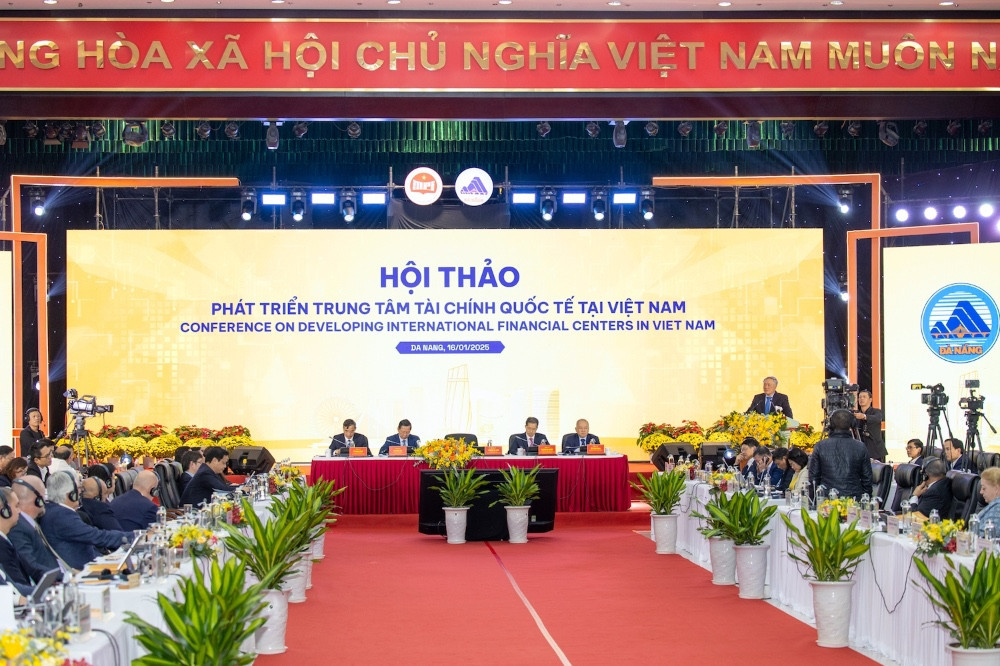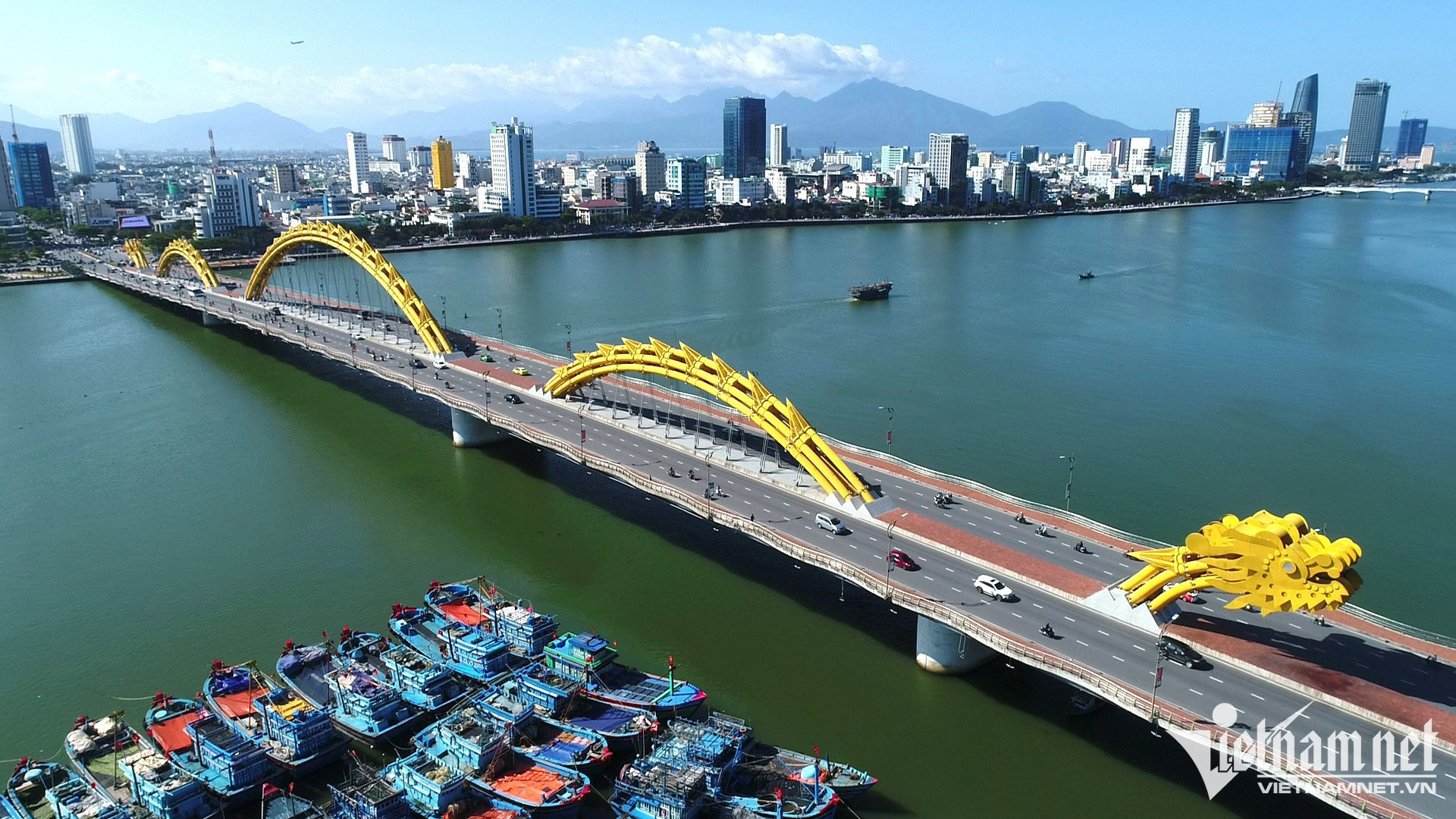
International financial investment funds from the U.S., Singapore, the Middle East, and Switzerland have expressed significant interest in developing a financial hub in Da Nang.
International interest in Da Nang’s financial hub
On January 16, the Da Nang People’s Committee held a seminar titled "Developing Regional and International Financial Centers in Vietnam."
At the seminar, Ho Ky Minh, Vice Chairman of the Da Nang People’s Committee, highlighted the strong interest of international investors and financial funds in the city’s financial center initiative. The focus is on innovation, green finance, financial technology, and trade finance.
Da Nang envisions a multi-component financial ecosystem, structured around three core service groups.
The first group involves international financial services, such as payment systems, international trade services, risk management, foreign exchange trading, and green finance. These services will be linked with the development of Da Nang’s Free Trade Zone.
The second group centers on fintech and techfin services, providing platforms for payments, asset tokenization, and AI-driven financial solutions. It also includes incubation spaces for fintech startups to innovate, grow, and expand internationally.
The third group includes investment support services, enterprise development services, and utilities such as auditing, accounting, legal consultancy, tax advisory, customs services, and leisure activities like casinos, resorts, and property valuation. This comprehensive ecosystem aims to position Da Nang as a global financial and entertainment hub.
To support this initiative, Da Nang has allocated a 6.17-hectare area with prime connectivity and top-tier infrastructure for office spaces, resorts, conferences, and recreational facilities.
Additionally, a 9.7-hectare plot near Software Park No. 2, a major tech hub, has been designated for fintech services. This area is expected to attract advanced technology companies with high-quality infrastructure.
Economic impact and strategic positioning

Andy Khoo, CEO of Terne Holdings, estimates that Da Nang’s international financial center could contribute an additional $3-5 billion annually to Vietnam’s GDP.
He highlighted Da Nang’s strategic role as a bridge between Hanoi, a hub for policy and governance, and Ho Chi Minh City, Vietnam’s capital for corporate finance and global markets.
“Unlike Ho Chi Minh City, which focuses on capital markets, Da Nang’s financial center could specialize in green finance, trade facilitation, and fintech innovation, aligning with global market trends,” Khoo noted.
He emphasized that focusing on green finance, trade finance, and digital innovation would differentiate Da Nang. He also proposed the establishment of a Special Economic Zone (SEZ) and a Freeport offering tax advantages and secure storage for high-value assets. Operating primarily in English, he argued, is essential to building trust with international investors.
To establish Da Nang as Southeast Asia’s next financial hub, Khoo suggested prioritizing three strategic pillars: green finance, fintech innovation, and trade finance.
Governance and long-term vision
According to Andreas Baumgartner, CEO of Metis Institute, successful international financial hubs require robust governance and a transparent legal framework.
He cited Dubai International Financial Center (DIFC) and Abu Dhabi Global Market (ADGM) in the UAE as exemplary models. These hubs operate under solid legal frameworks based on English common law, clear regulations, and transparent management structures.
Building a financial center, Baumgartner remarked, is akin to running a marathon - it demands perseverance and resilience.
“There will be moments of doubt, questioning if it’s worth it,” Baumgartner admitted.
But reflecting on the successes of other financial hubs worldwide, he assured that the effort is worthwhile.
“If executed correctly, such centers can and will make a profound impact,” he concluded.
Luong Bang